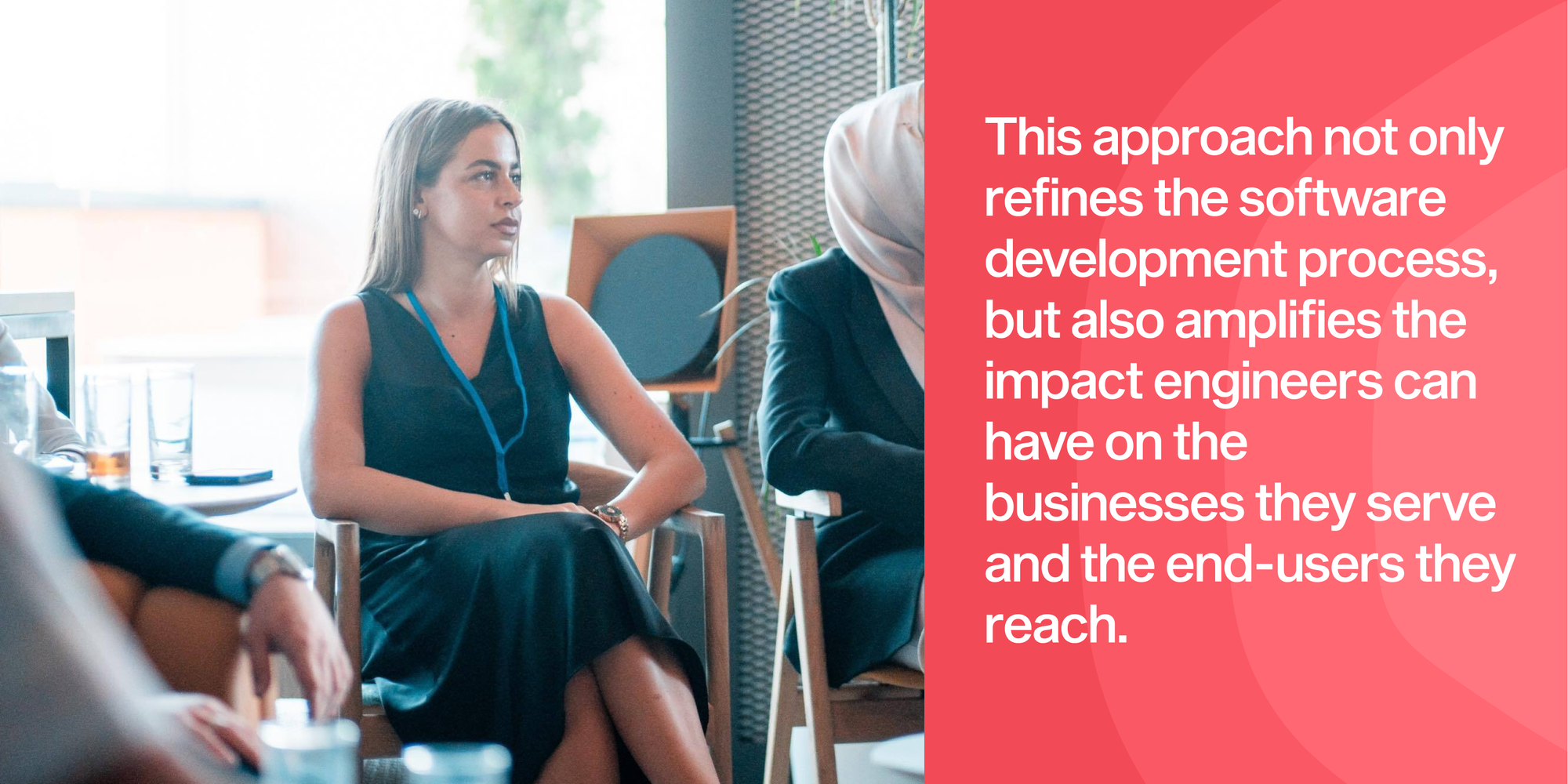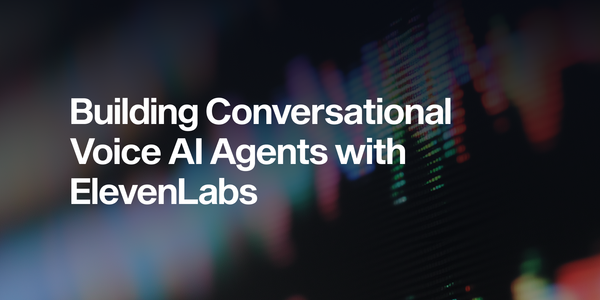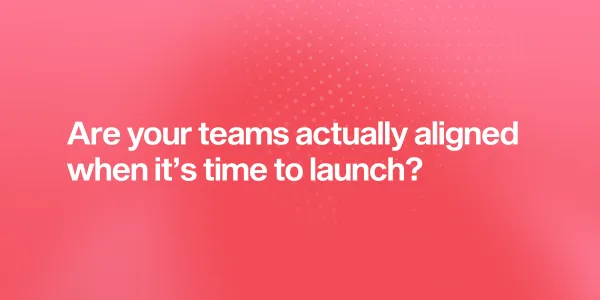The Engineer's Edge: How Entrepreneurial Thinking Transforms Software Development
Entrepreneurial thinking is redefining software development by empowering engineers to take ownership, innovate, and think strategically. Adna shows how adopting an entrepreneurial mindset turns coding into problem-solving, allowing developers to create sustainable, impactful solutions.

In software engineering, the ability to write clean code and develop efficient algorithms would probably be the two first things to be mentioned as the most important when asking an engineer. However, in reality, it does not stop there - it's a blend of multiple skills, including creativity – the ability to think differently – and business.
Still, what I truly believe sets an engineer apart is the mix of an entrepreneurial approach with the technical one. This approach not only refines the software development process, but also amplifies the impact engineers can have on the businesses they serve and the end-users they reach.
From Code to Concept: Seeing the Bigger Picture
One of the key aspects of entrepreneurial thinking is the ability to see beyond the immediate task at hand. Working at fast-paced environments such as Beatport and the Ministry of Programming, I learned that the real challenge—and opportunity—lies in understanding the broader context of our work. This shift in mindset allows engineers to transition from simply writing code to conceptualizing and building products that truly matter.
Entrepreneurial thinking pushes us to ask questions that go beyond the immediate task: Who will use this software? What problem does it solve? How does it fit into the overall business strategy? By addressing these questions, engineers can move from a narrow focus on technical implementation to a wider view that encompasses the product's full lifecycle.
For example, while working at Beatport, I wasn't just thinking about how to implement a new feature—I was thinking about how that feature would enhance the user experience, align with the company's goals, and potentially open up new revenue streams. This shift in perspective, from focusing solely on the technical details to considering the broader impact, is where entrepreneurial thinking shines.

Navigating the Fast Lane: Adaptability in Action
The tech industry is notorious for its rapid pace of change, and adaptability is a crucial skill for any engineer. Startups, in particular, require engineers to wear multiple hats. One day, you might be solving complex coding challenges; the next, you could be gathering feedback from users or pitching to investors. This constant role-switching demands a high level of adaptability and a willingness to step outside your comfort zone.
At every startup I worked, this adaptability has been crucial. As the founder, I've had to balance the technical demands of developing a robust platform with the business challenges of running a startup. This experience has taught me that the ability to pivot, learn quickly, and adjust strategies on the fly is just as important as any technical skill.
Similarly, I was involved in a variety of projects, each with its own set of challenges, and the ability to adapt to new technologies and methodologies was key to delivering successful outcomes. This adaptability, driven by an entrepreneurial mindset, allows engineers to thrive in any environment, whether it's a startup or a more established company.
Innovation at the Intersection of Business and Technology
One of the most exciting outcomes of combining engineering with entrepreneurial thinking is the potential for innovation. When you understand both the technical and business sides of a project, you’re uniquely positioned to identify opportunities that others might overlook. Innovation often occurs at the intersection of these two worlds, where technical feasibility meets market demand.
By understanding the market and the needs of users, engineers can develop solutions that not only meet technical requirements but also drive business growth. This kind of innovation is not just about building something new—it's about creating something that truly adds value, both for the business and the end-users.
Bridging the Gap: Enhancing Collaboration and Communication
Another key benefit of entrepreneurial thinking in software development is the way it enhances collaboration and communication. In a startup, engineers often need to work closely with non-technical stakeholders, from marketing teams to potential investors. Being able to translate technical challenges into business terms—and vice versa—is a crucial skill.
The ability to communicate clearly and effectively is just as important in a professional setting, especially when working with diverse teams. In my current role at Beatport, where I work remotely with a globally distributed team, communication is key. Whether it's coordinating with team members across different time zones or presenting new ideas to stakeholders, the ability to articulate technical concepts in a way that resonates with a broader audience has been essential.

Personal Growth: The Entrepreneurial Journey
On a more personal level, adopting an entrepreneurial mindset has been a journey of growth and self-discovery. It has pushed me to step out of my comfort zone, take on new challenges, and constantly seek out ways to improve—not just as an engineer, but as a leader and innovator.
Working on startups has allowed me to apply everything I've learned in my career—both technically and strategically—in a real-world setting. The challenges of building a startup from the ground up have taught me resilience, creativity, and the importance of staying focused on the end goal, even when the path is uncertain.
But this journey isn't just about my growth. It's about using the skills and insights I've gained to make a positive impact—whether that's through the software I develop, the teams I work with, or the users who benefit from the products I help create.

The Engineer's Edge: Looking Forward
As the tech industry continues to evolve, the role of the engineer is expanding. It's no longer enough to be just a coder—you need to be a thinker, a strategist, and an innovator. By integrating entrepreneurial thinking into software development, we can not only enhance our careers, but also drive meaningful change in the world around us.
In conclusion, the engineer's edge lies in the ability to see beyond the code, to think like an entrepreneur, and to use that mindset to create solutions that are not just technically sound but also impactful and relevant. Whether you're working in a startup, a large company, or pursuing your venture, this approach can transform the way you work and the results you achieve. By combining technical expertise with entrepreneurial thinking, we can push the boundaries of what's possible and build a future where technology truly serves the needs of people and businesses alike.
By continuously asking the right questions, adapting to new challenges, and innovating at the intersection of business and technology, engineers can significantly enhance their contributions to any organization. The future of engineering is not just about mastering the latest coding languages or tools—it’s about cultivating a mindset that drives both technical excellence, as well as the company, forward.
To me, this is the engineer’s edge, and it’s the key to unlocking new possibilities in the ever-evolving world of technology.



